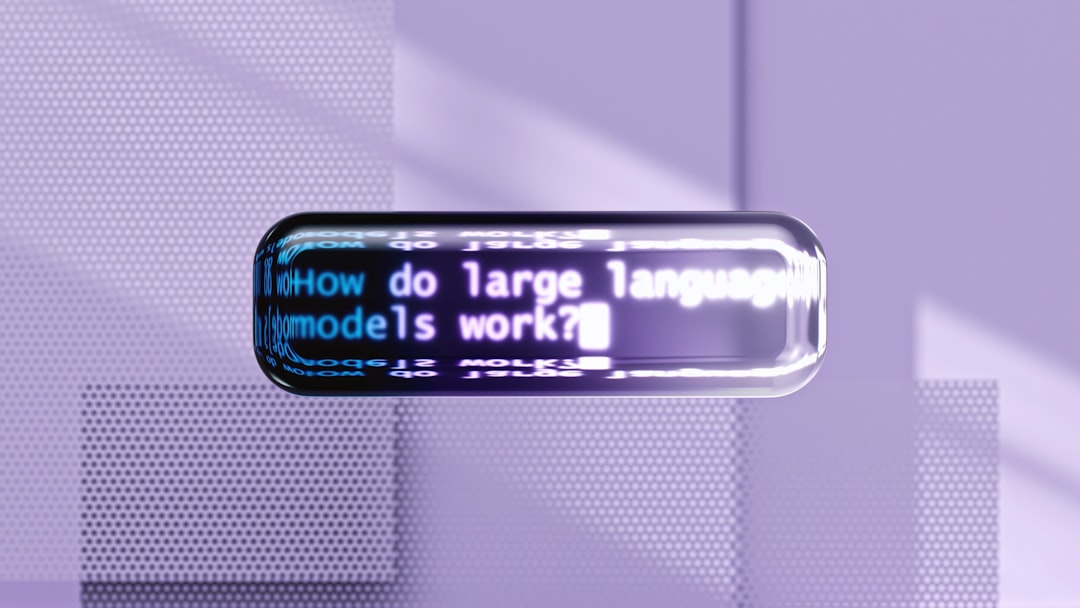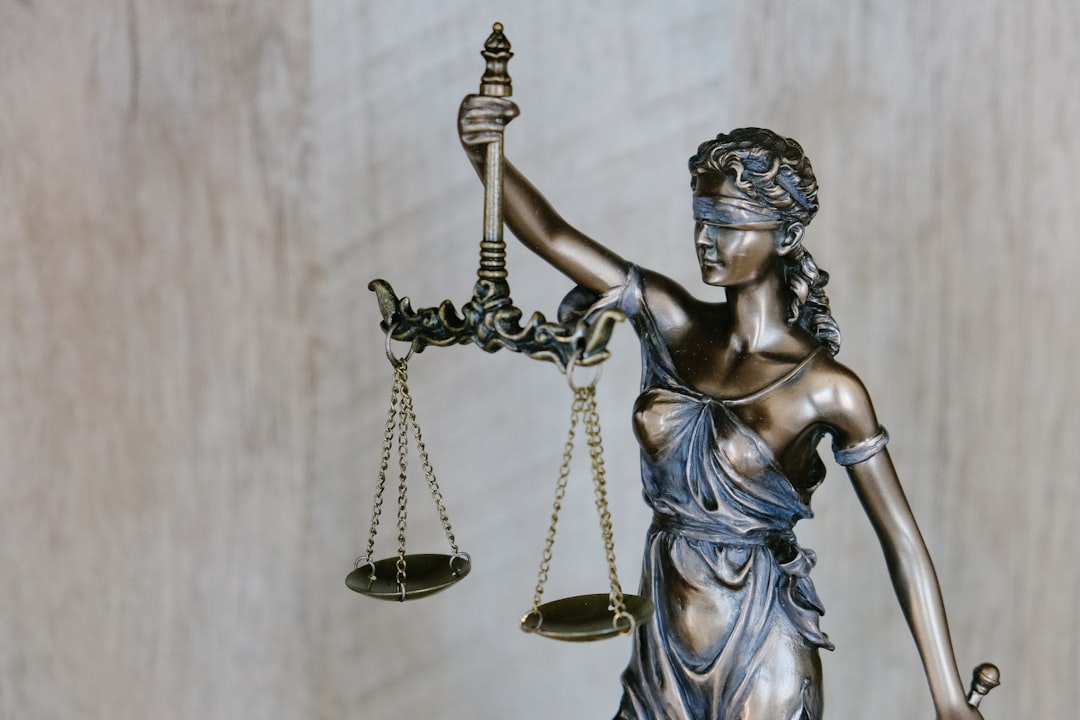Restorative Justice (RJ) is a transformative approach in California schools that shifts the focus from punishment to healing and reparation for harm or abuse. By fostering open dialogue, understanding underlying causes of behavior, promoting accountability, and creating safety, RJ creates a supportive and inclusive environment. Reputable school abuse law firms in California, offering school abuse lawyer, attorney, and related services, play a crucial role in guiding institutions and supporting victims, ensuring justice and healing. This collaborative approach integrates RJ ethically, addressing student discipline, privacy, and civil rights issues, and ultimately benefits students, teachers, parents, and communities through reduced abuse, improved academic performance, mental health, and well-being.
“In California’s educational landscape, implementing restorative justice (RJ) practices offers a promising approach to fostering healing and positive change. This article explores the transformative power of RJ in California schools, focusing on strategies and benefits that cater to a safer, more inclusive environment.
We delve into the role of school abuse lawyers and attorneys, who play a pivotal part in guiding institutions towards successful RJ implementation. By understanding restorative justice, schools can navigate challenges with legal expertise, ultimately enhancing student well-being and academic success.”
Understanding Restorative Justice: A Framework for Healing in California Schools

Restorative Justice (RJ) is an approach that shifts the focus from punishment to healing and reparation in cases of harm, conflict, or school abuse within educational institutions. Unlike traditional punitive measures, RJ involves bringing together those affected by an incident—perpetrators, victims, witnesses, and community members—to facilitate open dialogue, mutual understanding, and collaborative problem-solving. This process aims to address the underlying causes of behavior that leads to school abuse in California, promote accountability, and foster a sense of safety and belonging among students.
By implementing RJ practices, California schools can create a more supportive and inclusive environment. A school abuse lawyer or attorney from a reputable law firm specializing in school abuse cases in California can play a vital role in this process. These legal professionals can guide institutions on integrating RJ principles effectively while ensuring the rights of all parties are respected. They can also provide support to victims, helping them navigate their legal options and seek justice, healing, and closure in the wake of school abuse.
The Role of School Abuse Lawyers and Attorneys in Implementing RJ

Implementing Restorative Justice (RJ) practices in California schools requires a collaborative effort, and one crucial player in this process is the school abuse lawyer or attorney. These legal professionals, specifically those from reputable school abuse law firms in California, play a vital role in ensuring that RJ principles are integrated into the educational system effectively and ethically. Their expertise lies in navigating complex legal landscapes, especially regarding student discipline, privacy, and civil rights.
With their knowledge of school abuse laws in California, these lawyers can guide school administrators and educators on implementing RJ strategies while adhering to legal boundaries. They contribute by offering legal advice, reviewing policies, and representing the interests of students and schools. Moreover, they help address potential concerns related to liability and protection, fostering a safe and just environment for all stakeholders.
Strategies and Benefits: Transforming School Culture with Restorative Practices

Implementing restorative justice practices in California schools offers a transformative approach to addressing disciplinary issues and fostering a positive learning environment. These strategies move beyond traditional punitive measures, focusing on healing relationships, promoting accountability, and empowering students to take responsibility for their actions. By involving all stakeholders—students, teachers, parents, and the community—restorative practices create a culture of respect, empathy, and collaboration.
One of the key benefits is reduced school abuse, as restorative justice encourages open dialogue and understanding rather than isolation or punishment. This approach can significantly improve student engagement, attendance, and academic performance while also supporting mental health and well-being. Moreover, it equips students with essential life skills, enhances teacher satisfaction, and strengthens community ties. For parents and guardians, knowing their children are in a supportive and restorative environment is invaluable, making California schools safer and more nurturing places to learn and grow.






